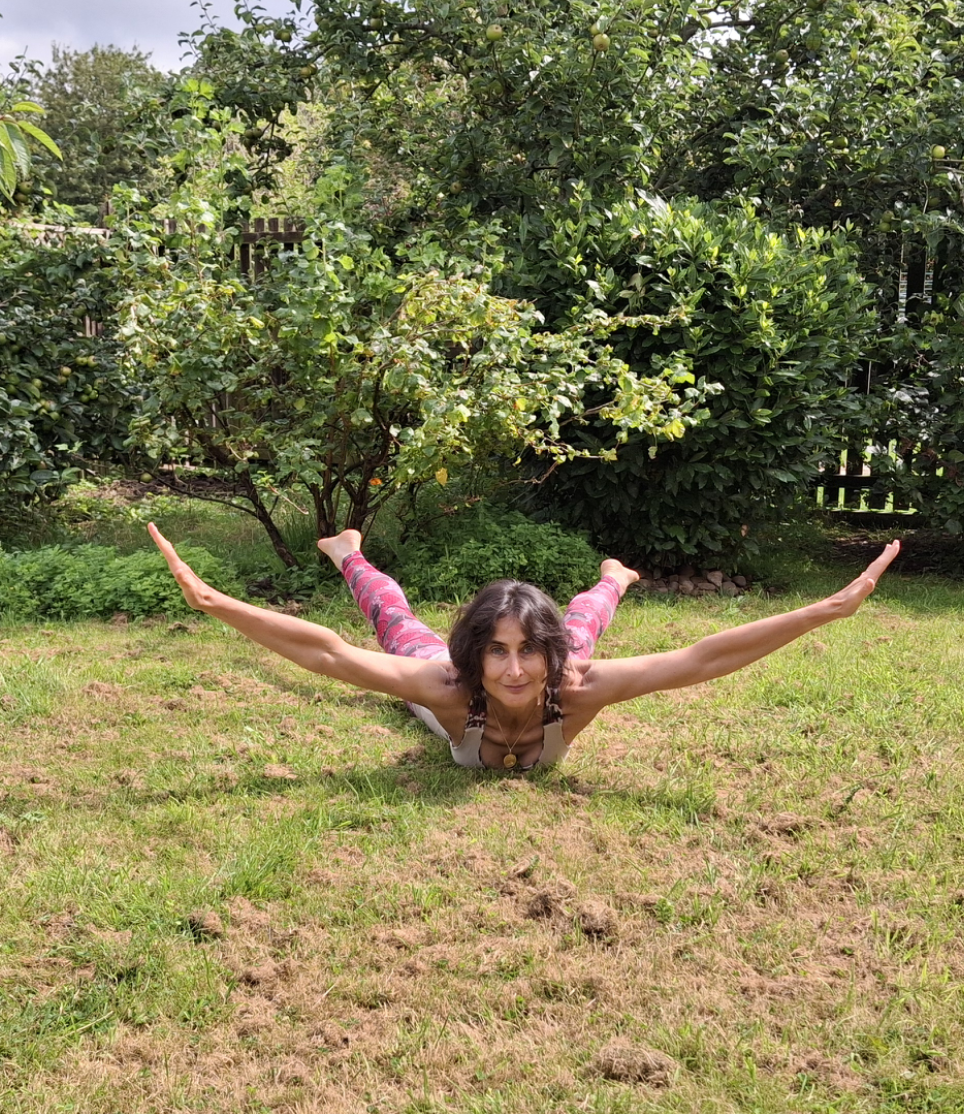Sting’s darkly irresistible “Every Breath You Take” is forever associated in my mind with the bar below the apartment I was living in as an Au Pair in early 1980s Spain, where it seemed to play on a loop. Although the song continues in this jealous anguished vein – “every move you make” – without the instinctual truth that our thoughts could be revealed by our very breath, the song would not have its enduring power.
“When the breath is steady or unsteady, so is the mind, and with it the yogi.”
Hatha Yoga Pradipika
Ajapa Gayatri is a meditation practice, involving curious, accepting attention to the sometimes imperceptible sound of the natural breath. What becomes clear in this practice is the uniqueness of each breath; its sound, movement, how it relates to thoughts and emotions.
The science of stress and emotion has confirmed these insights; the breath speaks to the heart, and the heart speaks to the breath as they coordinate the delivery of oxygen to all cells. And as social complexity has developed over evolution, the variety of ways in which the emotion-related areas of the brain can affect the heart have increased. Stress can be hyperarousing or heart-stopping; peace and happiness can be calming or heart-racing. And the nerves around the heart feedback sensations of tightness or lightness to the insula, a part of the brain receiving body sensation information, so that we feel emotions “from the heart”.
“The mind becomes clear and serene when the qualities of the heart are cultivated: friendliness toward the joyful, compassion toward the suffering, happiness toward the pure, and impartiality toward the impure.”
The Yoga Sutras of Patanjali (trans. Alastair Shearer)
The yogis were not unique in ascribing love, compassion, and values to the heart; the ancient Egyptians would weigh the heart after death to establish whether it was light enough for its owner to pass into the afterlife, or whether weighed down by bad deeds, they were condemned to darkness. However, the quote from Patanjali’s sutras continues somewhat startlingly, “Or through the practice of various breathing exercises”. This insight that the links between the mind and body can travel both ways; that body focus can affect mood and thoughts, gives us our treasured, living tradition of Yoga asana and breath practices. Come join me for a heart-opening, breath-freeing practice!
Sources:
From Psychostasis to the Discovery of Cardiac Nerves: The Origins of the Modern Cardiac Neuromodulation Concept https://pubmed.ncbi.nlm.nih.gov/38666878/


